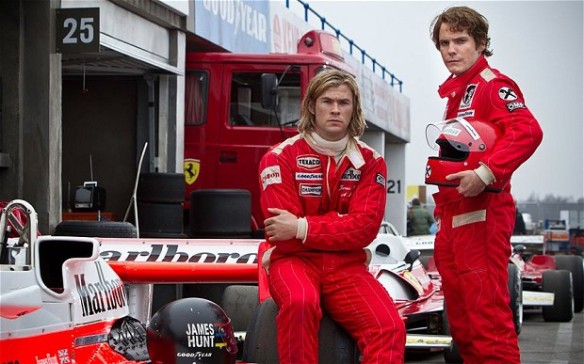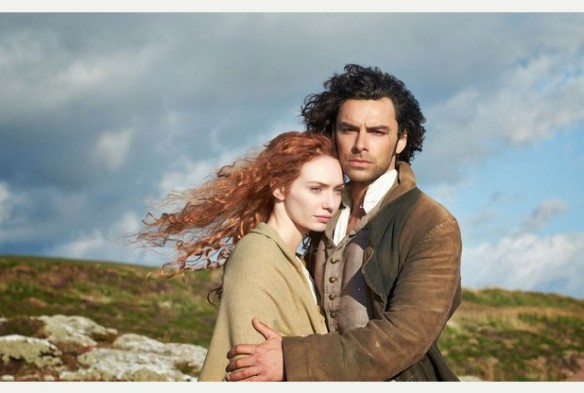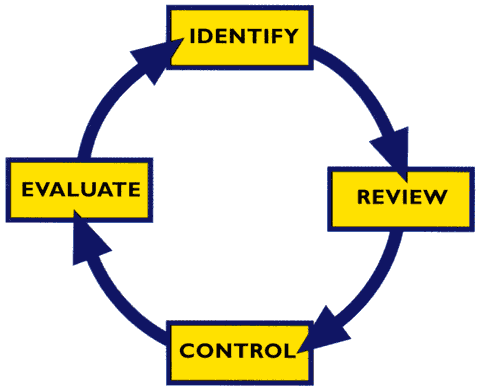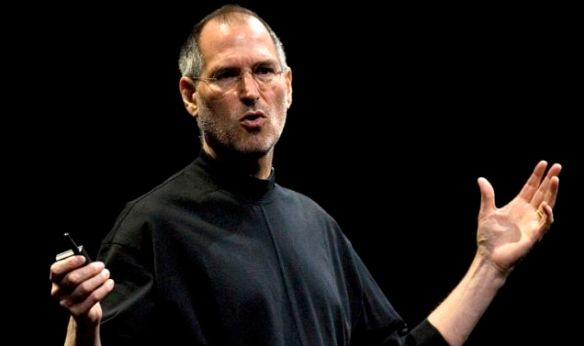 I attended the AEME conference hosted By Mackerel Sky’s Claire this week and had the privilege of sitting in on a key note speech by Dr Jen Otter Bickerdike. The conference, and Jen’s talk, was themed ‘Creative Risk’.
I attended the AEME conference hosted By Mackerel Sky’s Claire this week and had the privilege of sitting in on a key note speech by Dr Jen Otter Bickerdike. The conference, and Jen’s talk, was themed ‘Creative Risk’.
I really liked the sound of those two words together despite the fact they could be seen as polar opposites; one suggesting innovation and excitement whilst the other, well, scares the living hell out of most of us.
Google tells me that ‘risk’ literally means “a situation involving exposure to danger”. This alone is terrifying – why on earth would anyone willingly expose themselves to danger?! ‘Creative’ means ‘To use imagination or form new ideas’. So for me, the two words together are a perfect union and bring about a whole new meaning, that is; Embark on the new. New thinking. New action.
It is not a revelation that new is what drives business forward. New is what makes sales happen, connections form, careers develop, businesses start and grow. Every new step is arguably a risk, moving from the comfort of where you currently are to where you haven’t been before with absolutely no guarantee that things will work out (oh hi danger part!) But what Jen outlined in her speech is what is key here – Things don’t work out… ‘as you planned’ but they always, always work out. The risk becomes then a challenge to trust that the new will leads you to places you simply can’t imagine… and that’s ok. What’s the worst that can happen?
There is a youtube clip that made a real impression on me a few years ago and inspired me to take a significant risk in my career and personal life. It’s a fifteen minute video of the late Steve Jobs addressing Stanford University at their graduation ceremony. He speaks of, amongst other wonderful things, how the worst things that happened to him in in his career (*getting fired by apple) led to his greatest achievements (*starting Pixar… and then being re-employed by Apple!) He talks of how you can’t connect the dots between events in life looking forward, only looking back – and I love that. I bet there are situations or experiences you can look back on now and say ‘wow that was painful/risky at the time but my god I’m glad it happened because it lead me here’. Maybe you met someone, started something, did something amazing as a result of that experience.
Taking a risk is scary. Risk is putting yourself, your ideas, your business out there. The danger is fear of the world rejecting or criticising you, or it all going wrong. But what if we viewed risk creativity and realised that staying the same could actually be more dangerous to us either personally or to our businesses. What if we take away the concept of fear (the danger) and see risk as a creative action to invite new experiences and opportunities into our lives and trust that it will lead us to places we simply can’t imagine.
Taking a risk doesn’t have to be as grand as starting Pixar but it can be something that puts you out of your comfort zone. Writing this, my first ever blog post to go up on my new employers website, is utterly terrifying but this is my new, my risk. SO, here’s the challenge for you today – do something that scares you and put yourself out there; pick up the phone to your dream client, send that press release, go to that networking event you’ve been putting off. Take a risk. Be creative. Somewhere along the line we may realise, when we look back to connect the dots in our lives and careers, that the ‘dots’ are in fact when we’ve taken creative risks.
https://www.youtube.com/watch?v=UF8uR6Z6KLc
Joey Hulin, Business Development Manager
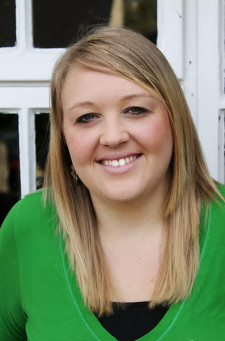 The past couple of months have been a bit of blur, travelling across the South West and UK whilst working at a variety of events – I am writing this sat in my hotel in Manchester having spent the week at Tatton Park Flower show. Earlier this week Joey and I were chatting over dinner and how we came to know about Mackerel Sky, which I thought would be a good intro into my first blog.
The past couple of months have been a bit of blur, travelling across the South West and UK whilst working at a variety of events – I am writing this sat in my hotel in Manchester having spent the week at Tatton Park Flower show. Earlier this week Joey and I were chatting over dinner and how we came to know about Mackerel Sky, which I thought would be a good intro into my first blog.

